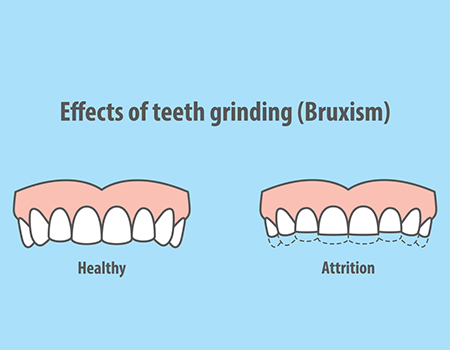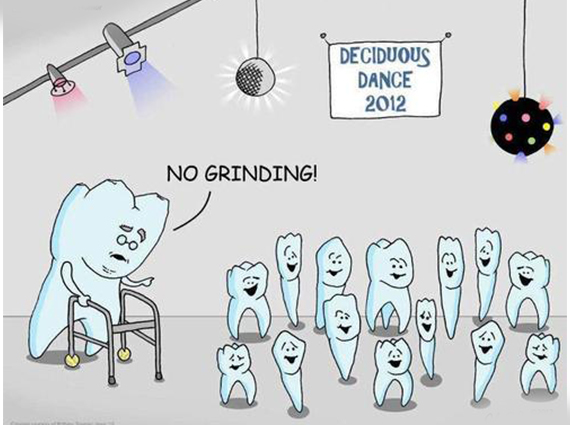Grinding Appliances
Bruxism is a condition known as teeth grinding and clenching. It is quite common and often happens while being asleep. Most people are generally unaware that they are grinding their teeth. They only come to realise it when their partner complains of the noise the following morning or a dentist identifies it, due to oral damage.
What Sets us Apart to other Practices
Symptoms of Bruxism
- Earache
- Facial and neck pain
- Dull headaches
- Teeth become flattened, chipped, fractured, or loose
- Stiffness and pain in the jaw muscles
- Worn tooth enamel, which may reveal deeper layers of your tooth
- Increased tooth pain & sensitivity to hot and cold drinks.
- Sleep disruption for both yourself and partner
- TMJ dysfunctions and disorder

Causes of Bruxism
Doctors don’t completely understand what causes bruxism, but it may be due to a combination of physical, psychological and genetic factors.
- Physical stress from illness or nutritional deficiency
- Psychological stress and anxiety
- Sleep Disorder
- Imperfect bite which develops a pattern of chewing hard.
Treatment of Bruxism
There are a range of options when it comes to teeth grinding. The most common solution to treat grinding during sleep, is to wear a custom-made occlusal splint or mouth guard at night. This will ensure that the teeth do not get worn down and prevent further damage.
Other treatments are to repair teeth or fillings to achieve a better bite.
Stress management methods, exercise and relaxation techniques may also be recommended.
We will discuss all options and ensure the best treatment plan will be taken that works for you and help treat the cause of the problem.

“There is always a risk for any surgical or invasive procedure. Hence, before proceeding, we recommend you to seek a second opinion from an appropriately qualified health practitioner.”









